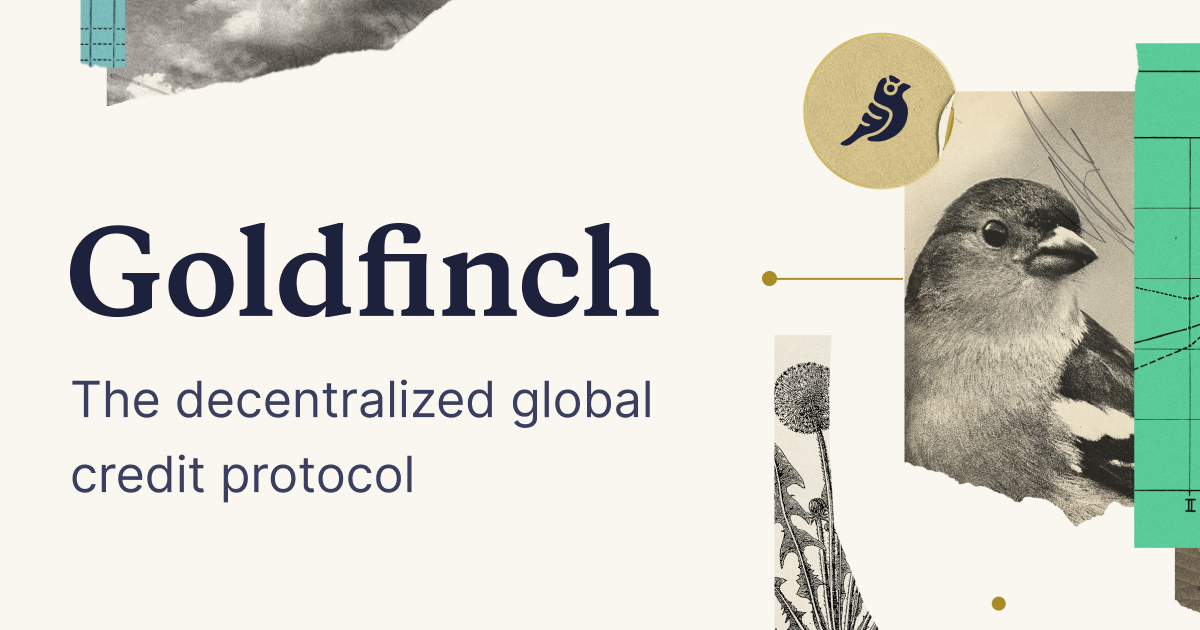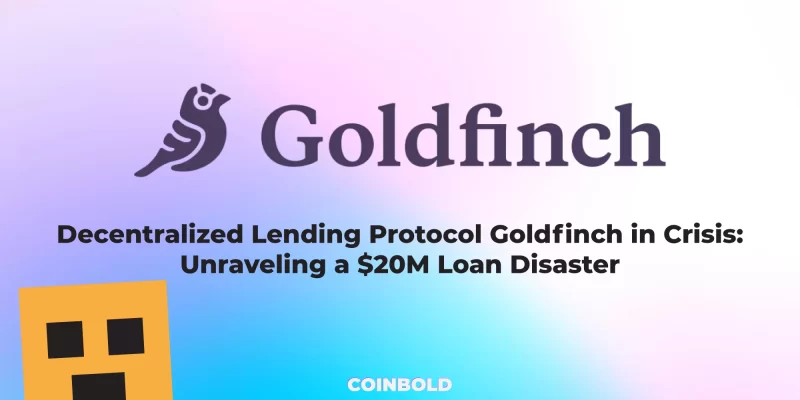In the intricate world of decentralized finance, the Decentralized lending protocol Goldfinch is currently under the spotlight due to a significant crisis. The focal point of this turmoil is a distressed $20 million cryptocurrency loan taken out by fintech investment firm Stratos in February 2022. The loan, provided in USD Coin stablecoin through a Goldfinch lending pool managed by Warbler Labs, was seemingly a routine financial transaction. However, the subsequent events have shaken the foundation of this decentralized lending ecosystem.

The Unraveling: Stratos’ Risky Ventures and Goldfinch’s Fallout
Post-Saturday, Warbler Labs disclosed a distressing update: a substantial $7 million of the loan is now at risk of default. Stratos allocated $5 million to a real estate startup named REZI, which, unfortunately, ceased repayments, resulting in an expected total loss for this portion of the investment. Additionally, $2 million was invested in unspecified “digital asset investments,” a move that Warbler Labs claimed ignorance about. Stratos sold these assets at a near-full loss, mitigated only by adding collateral to cover the losses. Although the remaining $13 million lent to e-commerce firm ThreeColts is performing well, the overall losses have plunged the lending ecosystem into a crisis.
Warbler Labs’ Response: Backstopping Investor Losses and Lessons Learned
In response to the crisis, Warbler Labs has taken a drastic step to backstop investor losses related to the struggling loan, particularly the REZI and crypto portions. This incident underscores the inherent risks associated with real-world asset tokenization, a practice that has gained popularity in the absence of traditional financial stability. The crisis has raised questions about transparency and regulation in the crypto lending ecosystem. Warbler Labs admitted to being blindsided by some of Stratos’ fund allocations, shedding light on potential oversight gaps in decentralized lending protocols.
The Larger Issue: Challenges in Decentralized Financial Ecosystems
This $7 million credit failure adds to Goldfinch’s ongoing challenges related to the decentralized management of pooled capital. Previous loans had ended disastrously due to questionable lending practices, particularly involving crypto hedge funds like Three Arrows Capital. The incident serves as a stark reminder that decentralized protocols heavily rely on self-governance by often pseudonymous actors. In the absence of mature controls, crypto RWAs (real-world assets) contain amplified uncertainties compared to traditional finance, making the need for robust regulatory frameworks and transparent practices even more critical in the evolving landscape of decentralized finance.
In conclusion, the Goldfinch crisis illuminates the complexities and vulnerabilities inherent in decentralized financial ecosystems. As the crypto space continues to evolve, it becomes imperative for stakeholders to address these challenges, fostering a more secure environment for investors and innovators alike.


